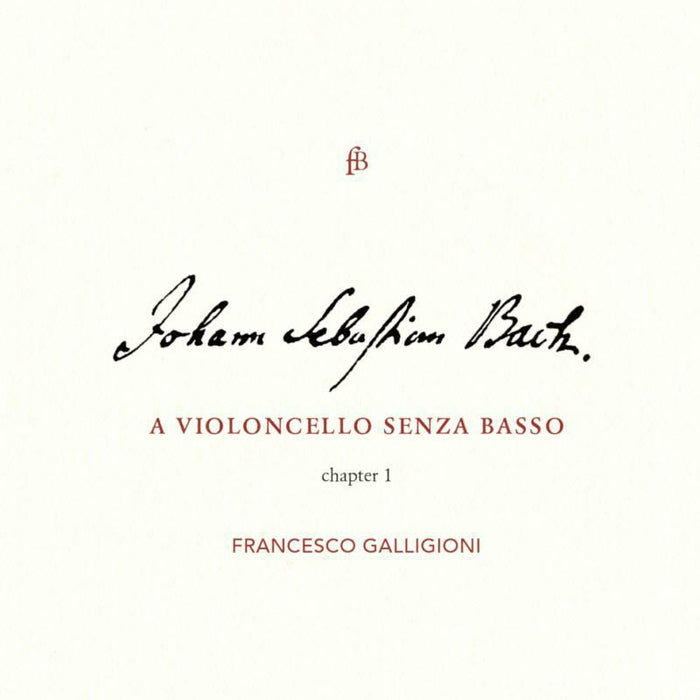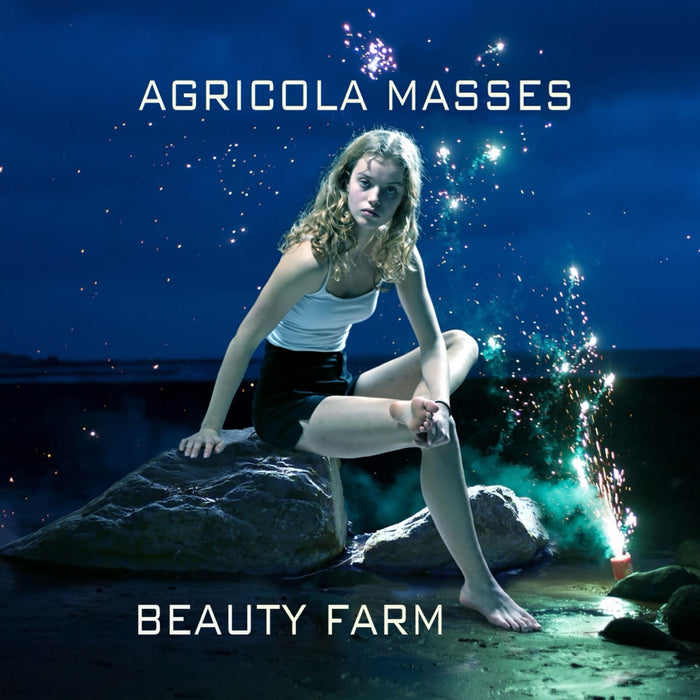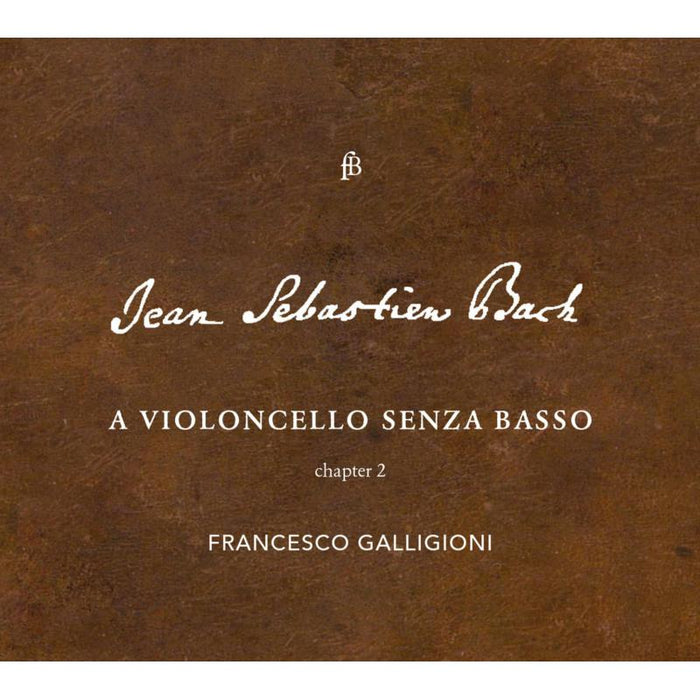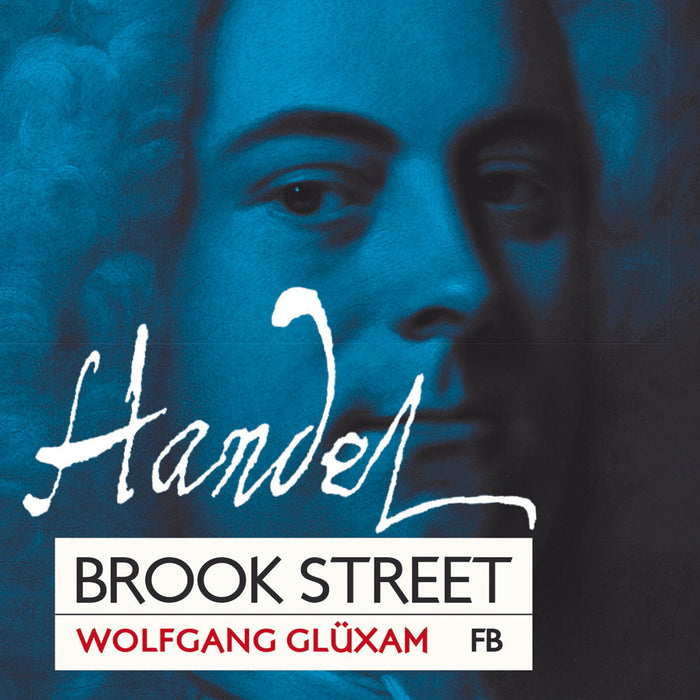Description
Vivaldi's oratorio Juditha triumphans is not just a musical military exercise (it is indeed explicitly called "Sacrum militare oratorio") during the Turkish siege of Corfu in 1716.
This was 'delicate' for Venice, but also an impressive performance show of the vocal and instrumental possibilities of the Ospedale della Pietà.
The orchestra comes up with an extraordinary wealth of instruments, some of them unusual, even by Vivaldi's standards: Chalumeau, two clarinets, four theorbos, viola d'amore and mandolin, among others, are called for.
Featuring:
Roberto Zarpellon (conductor); Ensemble Lorenzo da Ponte; Coro Accademia dello Spirito Santo; Juditha: Luciana Mancini (mezzosoprano); Holofernes: Elena Biscuola (mezzosoprano); Vagaus: Silvia Frigato (soprano); Abra: Francesca Lombardi Mazzulli (soprano); Ozia: Marta Fumagalli (mezzosoprano)
Critical Acclaim
"Roberto Zarpellon reveals its inherent dramatic force with vigour and insight to its myriad subtle inflections. […] The cast of vocal soloists, five in all, is a mainly strong one, though Elena Biscuola's Holofernes is undercharacterised. Luciana Mancini's Judith is splendid and her aria 'Veni, veni, me sequere fida', perhaps the most memorable music in the oratorio, is sensitively sung. […] A stimulating release" – BBC Music Magazine (Performance 4 STARS, Recording 5 STARS)
"Luciana Mancini's Judith has calm assurance or turbulent extroversion, Elena Biscuola's Holofernes is fruitily imperious rather than suave and Silvia Frigato sings Vagaus with pinpoint precision and charisma." – Gramophone













